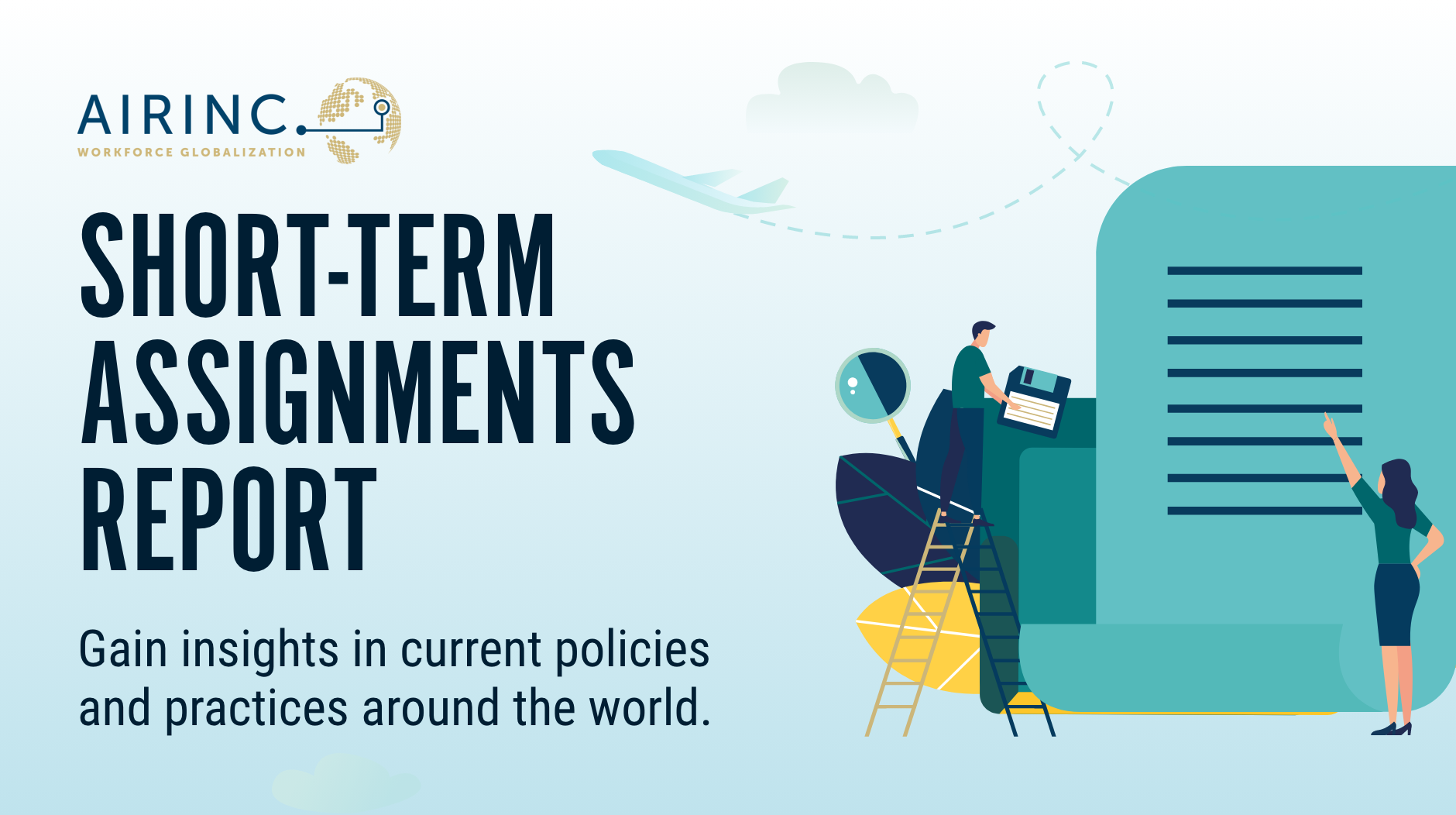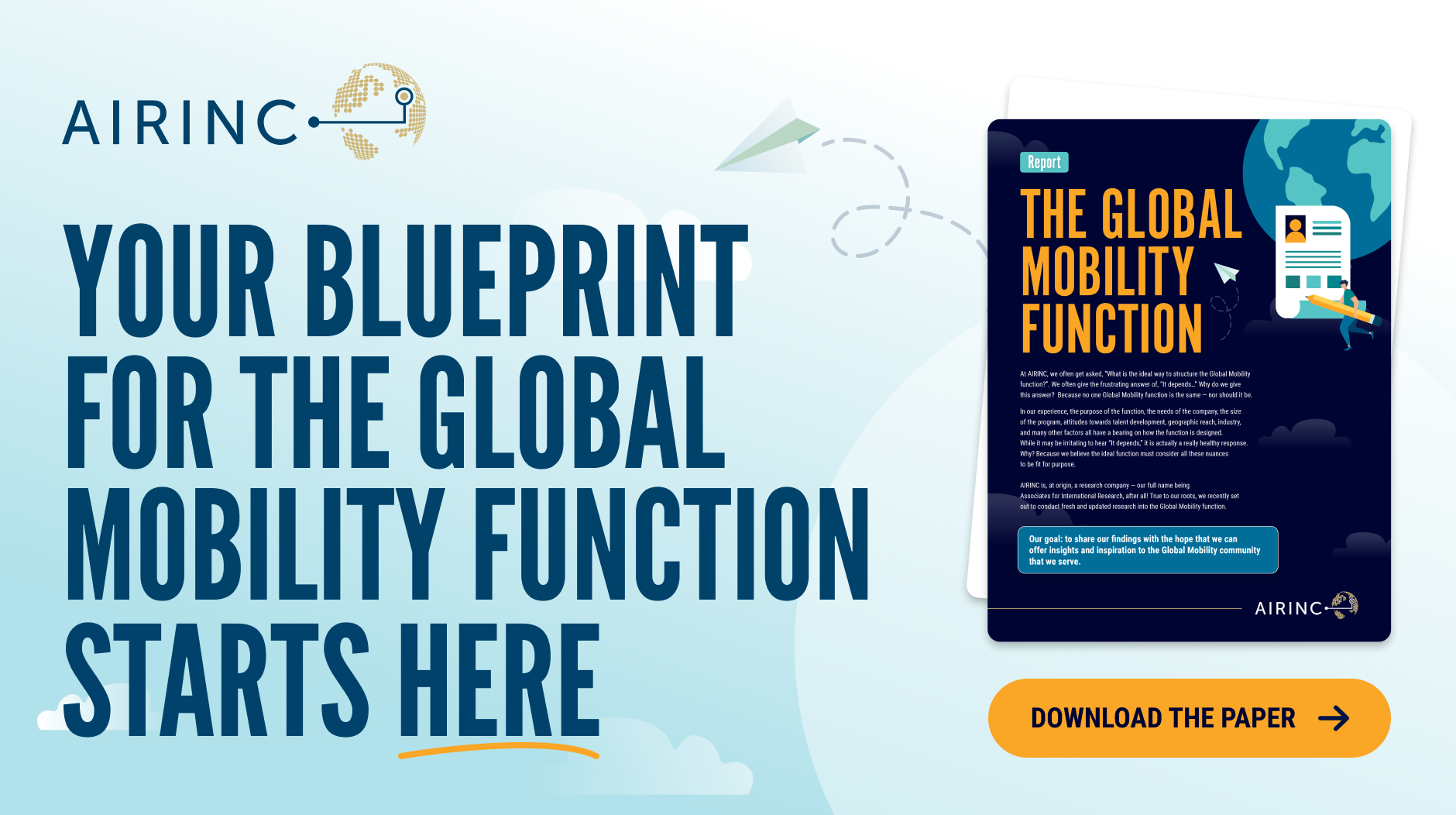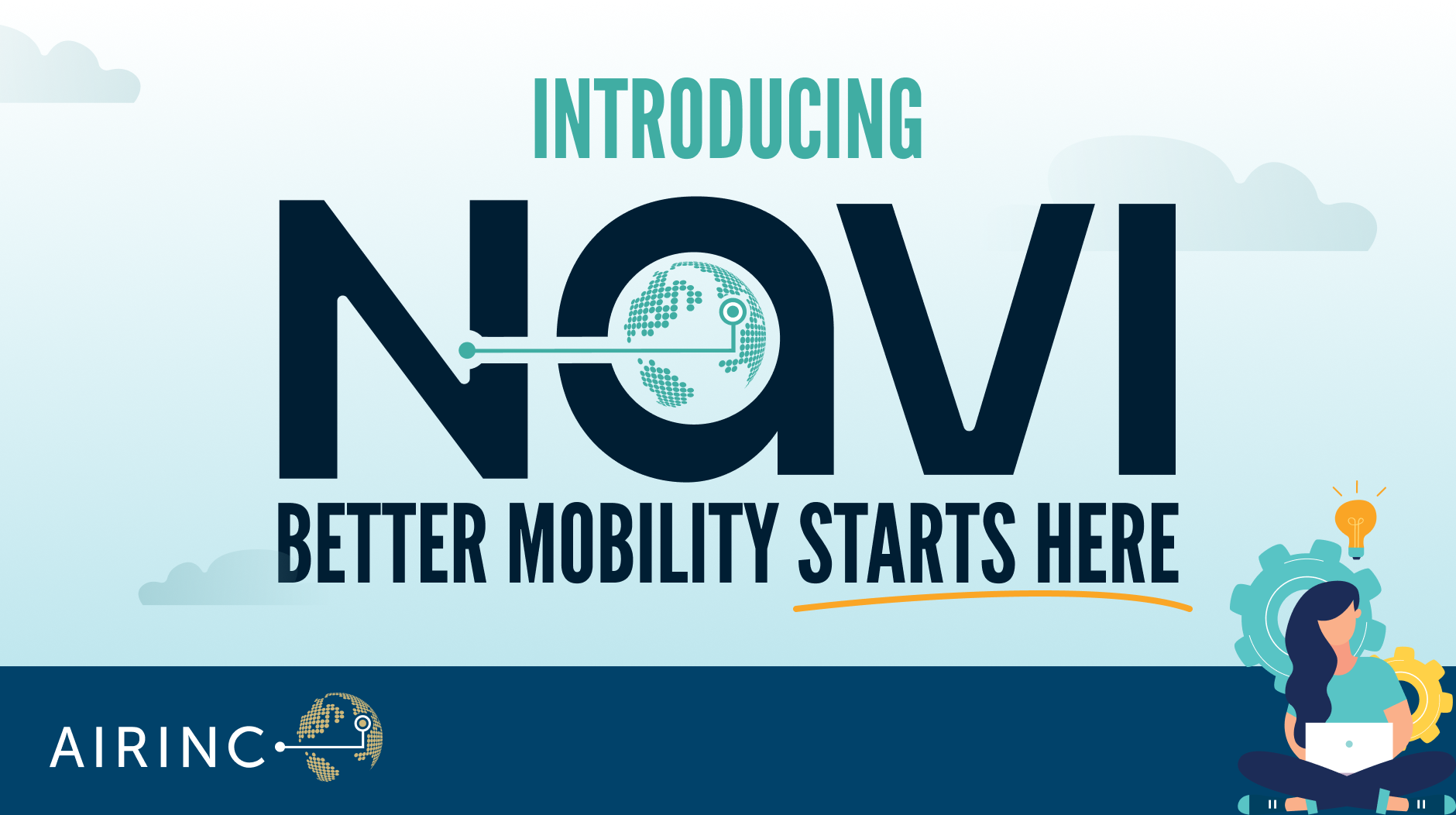Short-term assignments (STAs) play a pivotal role in global mobility, offering organizations a swift and cost-effective means of talent deployment.
AIRINC's recent benchmark provides key insights into the prevalent trends and practices surrounding STAs, offering valuable guidance for companies looking to enhance their global mobility strategies. The survey uncovered several noteworthy trends, three of which we’ll discuss in this blog post.
- Hardship Premium: Approximately 42% of companies implement a hardship premium for STAs, aligning with long-term assignment compensation structures. This recognition underscores the unique challenges short-term assignees may face and the importance of adequately compensating them.
- Per Diems: Per diems remain a popular method (47%) for supporting employees with goods and services costs in the host location. This flexible allowance system empowers assignees to manage expenses efficiently while ensuring their needs are met during the assignment.
- Transportation Support: The survey reveals diverse transportation support approaches. Rental cars (61%), company/leased cars (53%), and cash allowances/per diems (45%) are common solutions, showcasing organizations' adaptability to tailor transportation support to assignment-specific needs.
Beyond these three points, the survey highlights the prevailing practices in short-term assignments, offering valuable insights for organizations navigating the challenges of global talent deployment. Strategic compensation structures, cost-effective per diem approaches, and flexible transportation solutions are key components of successful STAs. As organizations evolve in response to the changing global workforce, these insights serve as a compass for refining short-term assignment policies, ensuring compliance, ease of administration, and the overall success of global mobility initiatives.
Looking for Commuter Survey Highlights? Click here.






%20(26).png)


